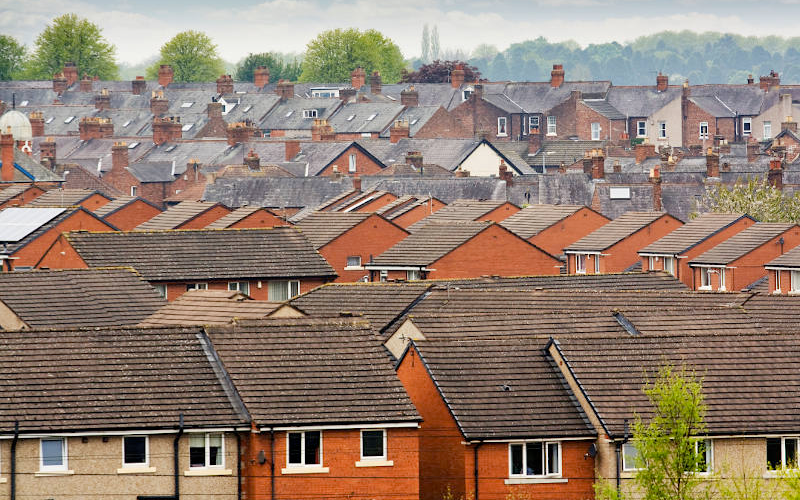On 2nd March 2020, the BBC released figures that showed an alarming shortfall in the UK’s progress towards its 2050 ‘net zero’ carbon target.
The report quotes Dr Tim Forman, a researcher at the University of Cambridge’s Centre for Sustainable Development, who said that meeting the 2050 target would require “a national project of a scale not seen since World War Two.”
The commitment to achieving carbon neutrality by 2050 was signed into law in June 2019 but the UK’s lack of progress has been alarming scientists and environmental commentators alike.
The BBC’s Shared Data Unit found that “nearly two thirds of UK homes have failed to meet long-term energy efficiency targets.” It also published the results of its analysis of nearly 20 million Energy Performance Certificates awarded UK homes since the introduction of EPCs in 2007. Its country-by-country breakdown shows the proportion of homes achieving an EPC rating of D or worse.
- England: 62%
- Northern Ireland: 67%
- Scotland: 59%
- Wales: 67%
That equates to more than 12 million homes falling below a C grade, which is generally regarded as a minimum target for modern homes.
The government’s target is to see all fuel-poor households achieving a grade C EPC rating by 2030, and to upgrade as many homes as possible to the same standard by 2035. One point of contention is the government’s caveat: “where practical, cost-effective and affordable.” Budgets are, of course, a limiting factor, but some experts have proposed the introduction of new borrowing rules for local authorities that would permit faster and greater investment in energy efficiency improvements.
“We need to throw everything we have at (energy efficiency),” said Dr Forman. “There’s a desperate need to do something, not in ten to fifteen years, but now.”
Peter Smith, from the fuel poverty charity National Energy Action, said that since 2012, efforts to improve energy efficiency in housing had fallen off a cliff, adding that: “At a high level, there needs to be a push to improve all homes, but to do this it needs to have the same infrastructure priority as HS2 or building a third runway at Heathrow.”
The full article, which can be found here, notes that greater energy efficiency can be achieved both at the new build stage and by retrofitting homes with measures such as insulation and better glazing.



